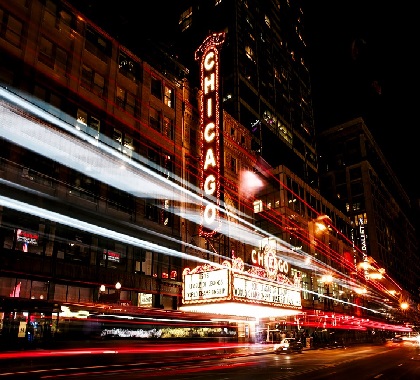A group of Chicago, Illinois homeowners is challenging a new law that imposes city taxes on individuals using Airbnb and other peer-to-peer economy companies that match homeowners with people seeking short-term housing.
In July 2016, Chicago lawmakers approved an ordinance applying the city’s 17.4 percent hotel tax to short-term housing transactions, plus an additional 4 percent tax not charged to traditional hotels. The ordinance also requires Airbnb participants to submit consumers’ personal data, such as home addresses and travel plans, to the government for inclusion in databases.
The plaintiffs’ lawyers are scheduled to present motions against the ordinance in January 2017. They are seeking an injunction to suspend the law while the court case is being considered.
Alleges Constitutional Violations
Michael Lucci, vice president of policy at the Illinois Policy Institute, says the law violates homeowners’ constitutional rights.
“There’s a very clear violation of Fourth Amendment rights in the Airbnb law they’ve passed,” Lucci said. “The [government] can come into my home to check at any time they want without suspicion of a crime. This is a violation of my rights. I should be in my home and be left alone by the government.”
Lucci says the law is particularly unfair to condominium owners.
“In my case, I live in a three-unit building, and my unit is the on the top floor,” Lucci said. “I spoke with folks that live on the bottom floor. They own a condo because they want a place to crash when they are in the city. They mentioned they would be open to hosting guests on Airbnb, but the law forbids that. In two- or three-units, only one owner can be a host.”
Picking Winners and Losers
Jacob Huebert, a senior attorney with the Liberty Justice Center, which is representing plaintiffs challenging the law, says Chicago lawmakers are using taxes to favor the hotel industry over consumers.
“The ordinance puts a discriminatory tax on homesharing,” Huebert said. “Hotel guests have to pay a 17.4 percent tax when they rent a room. Homesharing guests have to pay the 17.4 percent tax, plus an additional 4.5 percent tax.”
Second-Degree Effects
Huebert says the law suppresses economic activity in residential neighborhoods.
“It prevents Chicagoans from making money by renting their homes to out-of-town guests,” Huebert said. “It also reduces the incentive to improve houses and other residential buildings for the purpose of renting them out. Homesharing brings people to neighborhoods they might not otherwise visit, where they patronize local businesses. The ordinance will reduce that economic activity.”
Calls for Repeal
If lawmakers won’t repeal the ordinance, Huebert says he hopes judges will step in.
“The appropriate solution is to repeal this ordinance,” Huebert said. “If the city won’t do that, then we hope the court will strike it down.”




